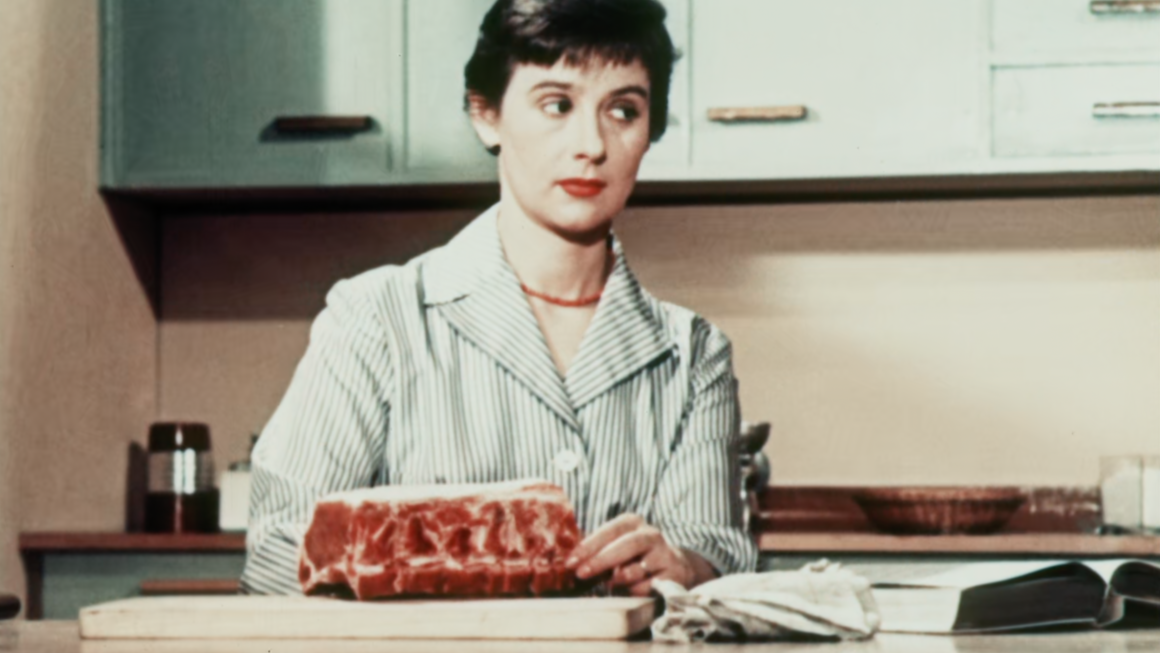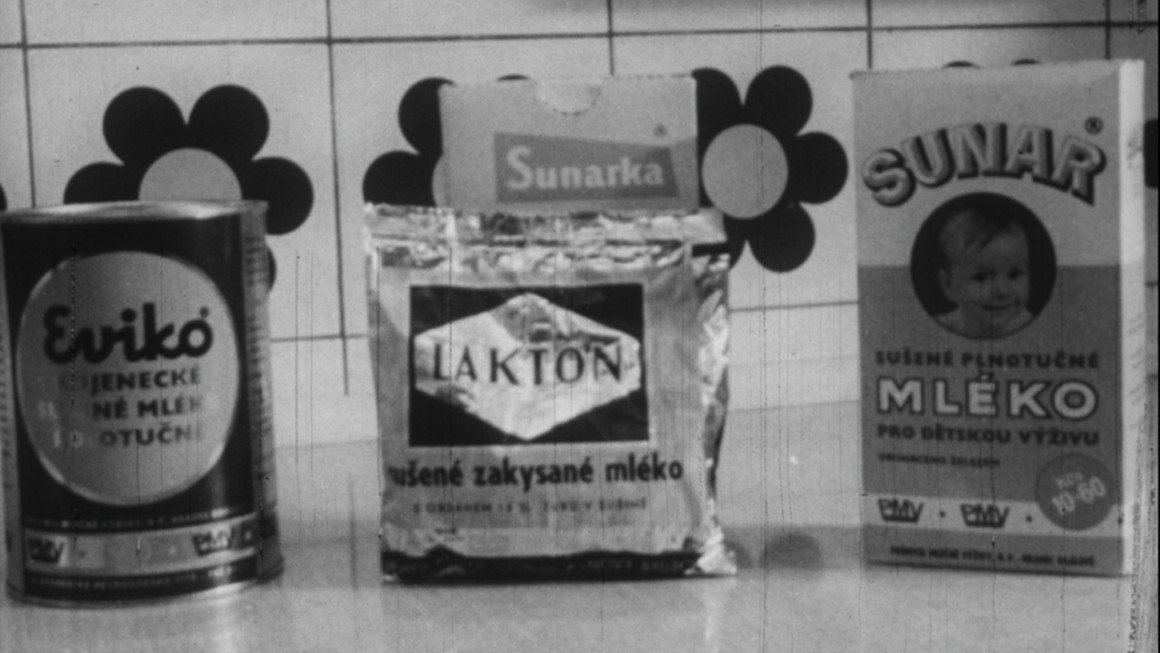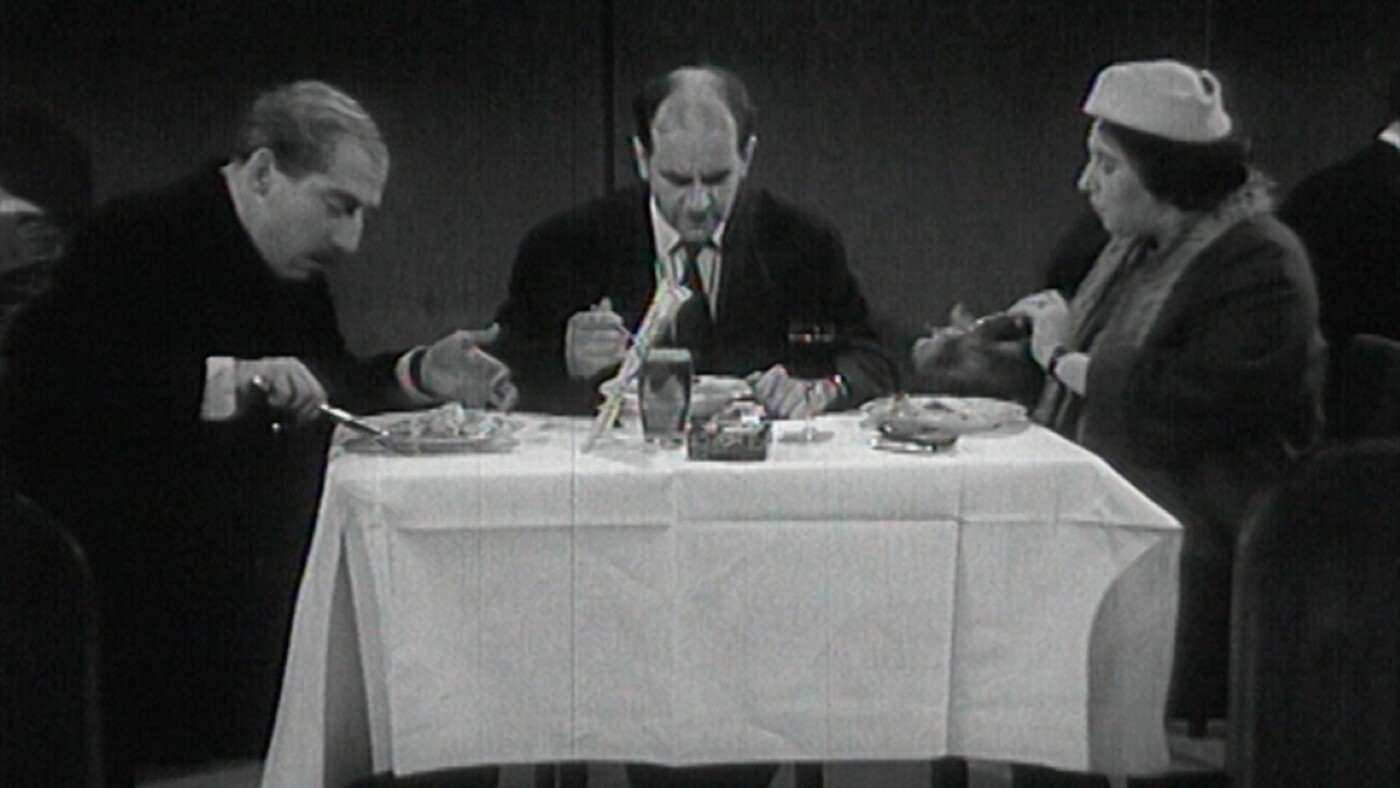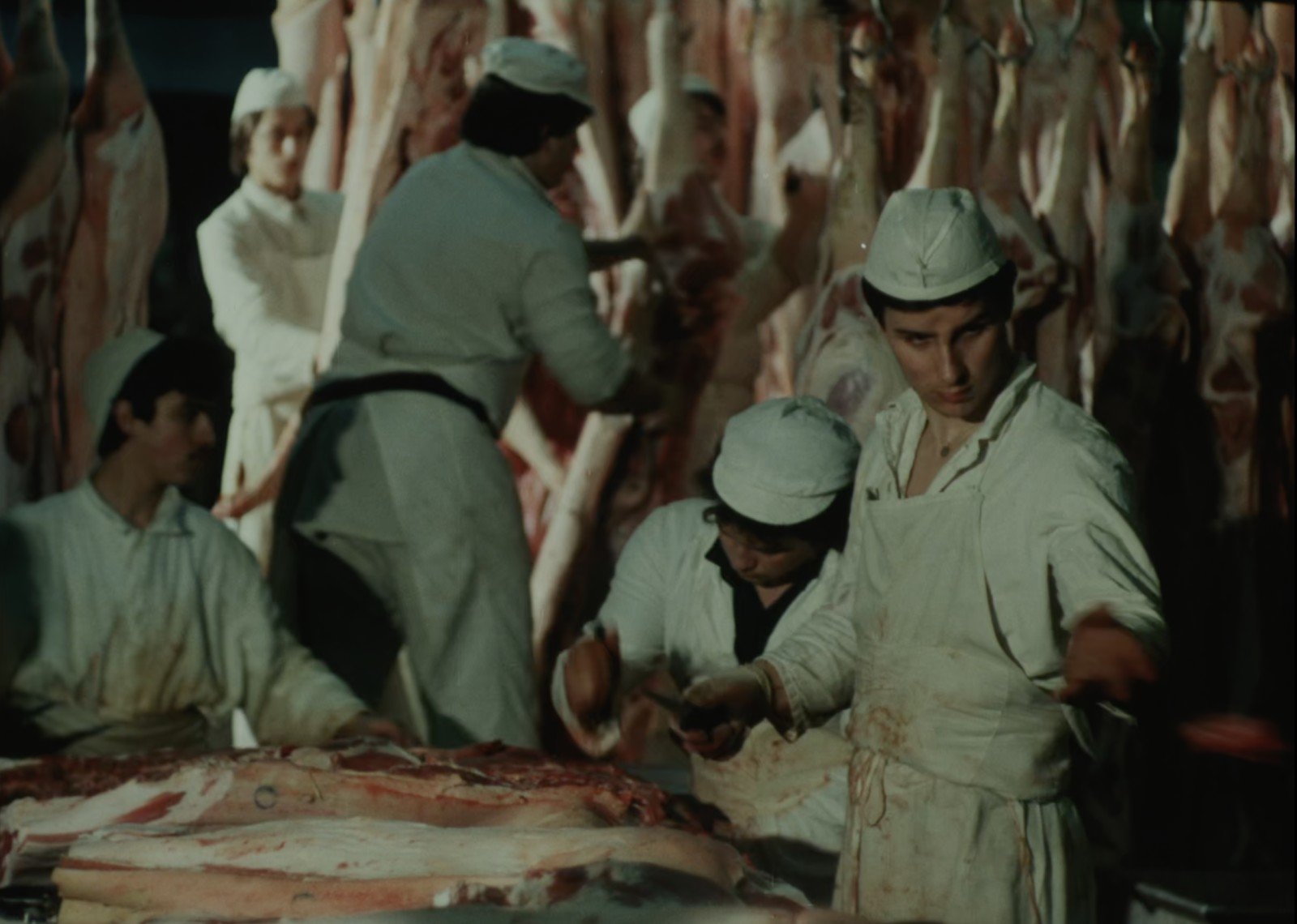Food effects everyone
Historian Martin Franc presents the retrospective Food and Epoch, which will be featured at this year’s Ji.hlava International Documentary Film Festival. The retrospective captures the transformations of Czechoslovak society through the lens of its kitchens from the 1950s to the 1980s.
Food is not only one of the most basic human needs, but also a complex cultural phenomenon that provides fascinating insight into the attitudes of society as a whole, its values, prejudices, and dreams.
Although, as the creators of ever-popular cooking shows often complain, audiovisual recordings cannot convey the basic sensory experiences associated with eating, namely smell and especially taste, food is a highly attractive topic for filmmakers. Documentary filmmakers are attracted by the rich network of cultural contexts and narratives associated with the world of gastronomy, as well as the compelling visual possibilities that food offers.
 The retrospective focuses on films from the period of 1948–1989, an era when political power significantly influenced issues of nutrition and eating, completely controlling all components of the food chain, from agricultural production and food imports, through the food industry and retail distribution, to the entire public catering network.
The retrospective focuses on films from the period of 1948–1989, an era when political power significantly influenced issues of nutrition and eating, completely controlling all components of the food chain, from agricultural production and food imports, through the food industry and retail distribution, to the entire public catering network.
Public discourse on food was also entirely in its hands, regardless of the platforms used. State intervention took many different and highly variable forms over time, from brutal repression of those who disrupted regulated distribution in the late 1940s and early 1950s, to advice to consumers on how to make the most of limited resources, to the promotion of communal dining as an expression of a new lifestyle, and a concentrated fight against transgressions against healthy eating, especially excessive consumption leading to obesity.
“Despite their enormous influence, neither the state nor the political powers were able to shape the way society ate.”
This retrospective reflects all of these positions in one way or another, although it was obviously not possible to cover everything in equal detail. However, the resulting picture may come as a surprise to some – it clearly shows that despite their enormous influence, neither the state nor the political powers were able to shape the way society ate according to their ideas and the visions of experts.
There were a number of reasons for this, ranging from economic constraints and fluctuations between the influences of individual interest groups, to the stubborn inertia of eating habits. The ruling powers often found themselves struggling to accommodate individual lobbies and the wishes of the broadest sections of society, rather than being able to push through a rational, unified concept.
 The films also cover a wide range of genres and overall tones – from seemingly cold, educational, and sometimes even utilitarian instructional films, to documentaries addressing current and perennial social issues through topics related to food, and attempts to combine serious topics with humorous or satirical undertones, to hidden and overt advertising propaganda.
The films also cover a wide range of genres and overall tones – from seemingly cold, educational, and sometimes even utilitarian instructional films, to documentaries addressing current and perennial social issues through topics related to food, and attempts to combine serious topics with humorous or satirical undertones, to hidden and overt advertising propaganda.
Sometimes the viewer will shudder, but more often they will laugh and, we hope, occasionally reflect on what these films say about the times in which they were made, and the multi-layered and ambiguous picture they present. Each of the five sections offers a view of food and groceries from a specific angle, and viewers would be wise to try to see at least most of the nearly thirty films presented here.
“Gastronomy is as valuable a part of culture as, for example, the visual arts”
They will encounter works by renowned filmmakers, such as Drahomíra Vihanová, Jan Špáta, and Radúz Činčera, as well as films whose authors have been long forgotten. A curiosity in this regard is the documentary film created by Ludvík Toman, who made an indelible mark on the history of Czech cinema, but surprisingly not for his filmmaking skills.
I thought long and hard about what to highlight from the entire retrospective, and in the end, I decided to go purely on my personal taste, without any claim to representativeness: in my opinion, no one should miss the collection of films promoting the fight against obesity in the Health section, and J. Špáta's film Dispute Over a Pig.
My favourite is the section that shows the development of cooking shows. I often encounter the opinion that the abundance of such programmes signals the decline of television culture, but I hope that the section will show how they reflect the era in which they were created.
I would be happy if not only this section, but the entire retrospective, contributed to the recognition that gastronomy is as valuable a part of culture as, for example, the visual arts. Moreover, it is a part of culture that affects everyone, without exaggeration. And perhaps it is one of the few topics that can connect different groups of people who otherwise would have little to say to each other.



